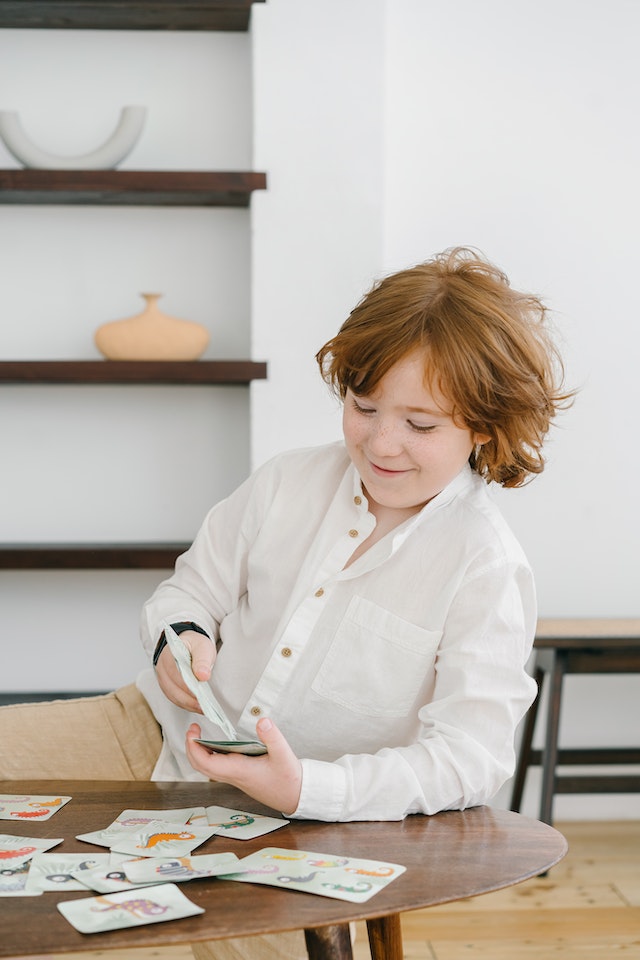Introduction:
As an experienced teacher with 41 years of practice, I understand the value of independent learning for children.
Flashcards are a versatile and effective tool for enhancing learning experiences, but it’s important to empower children to use them independently.
In this article, we will explore strategies to encourage your child to use flashcards on their own, fostering self-directed learning and promoting their academic growth.
Make Flashcards Accessible:
Ensure that flashcards are easily accessible to your child.
Keep them in a designated area where your child can easily find and retrieve them.
Organize flashcards in a way that is visually appealing and encourages independent exploration.
Introduce the Concept:
Explain the purpose and benefits of using flashcards to your child.
Let them know that flashcards are a fun and effective way to learn and reinforce various concepts.
Emphasize that using flashcards independently will help them build confidence, develop new skills, and deepen their understanding.
Start with Simple Concepts:
Begin with flashcards that cover simple and familiar concepts.
This helps build your child’s confidence and motivation to use them independently.
Start with subjects your child enjoys or excels in, as it will increase their enthusiasm and engagement.
Demonstrate and Model:
Demonstrate how to use flashcards effectively by showing your child how to read the information on the cards, answer questions, or engage with the content.
Model the desired behavior by using the flashcards yourself and expressing enthusiasm for the learning process.
Set a Regular Schedule:
Establish a consistent time for independent flashcard practice in your child’s daily routine.
Consistency is key to developing a habit of independent learning.
Consider incorporating flashcards into a designated study or learning time, ensuring it becomes a regular and expected part of their day.
Provide Guidance and Support:
Initially, guide your child through the process of using flashcards independently.
Offer assistance when needed, such as explaining unfamiliar concepts or answering questions.
Gradually decrease your involvement as your child becomes more comfortable and proficient.
Encourage Self-Correction:
Encourage your child to check their own answers or solutions when using flashcards independently.
This promotes self-assessment and helps them identify areas for improvement.
Encourage them to seek clarification or assistance when they encounter difficulties, fostering problem-solving skills and a sense of autonomy.
Make it Engaging:
Keep the learning experience enjoyable and engaging.
Incorporate games, challenges, or rewards to make using flashcards independently a fun and rewarding activity.
Consider creating a point system, offering small incentives, or introducing a competitive element to motivate your child.
Celebrate Progress and Achievements:
Acknowledge and celebrate your child’s progress and achievements with flashcards.
Praise their effort, improvement, and dedication to independent learning.
Celebrating milestones and successes reinforces the positive association with using flashcards independently.
Conclusion:
Encouraging your child to use flashcards independently is a valuable step towards fostering self-directed learning.
By making flashcards easily accessible, introducing the concept, modeling the process, and setting a regular schedule, you empower your child to take ownership of their learning journey.
Provide guidance, support, and engaging activities while gradually decreasing your involvement.
Celebrate their progress and achievements to reinforce their motivation and confidence.
Together, let’s inspire a love for independent learning and empower children to reach their full potential using the power of flashcards.


